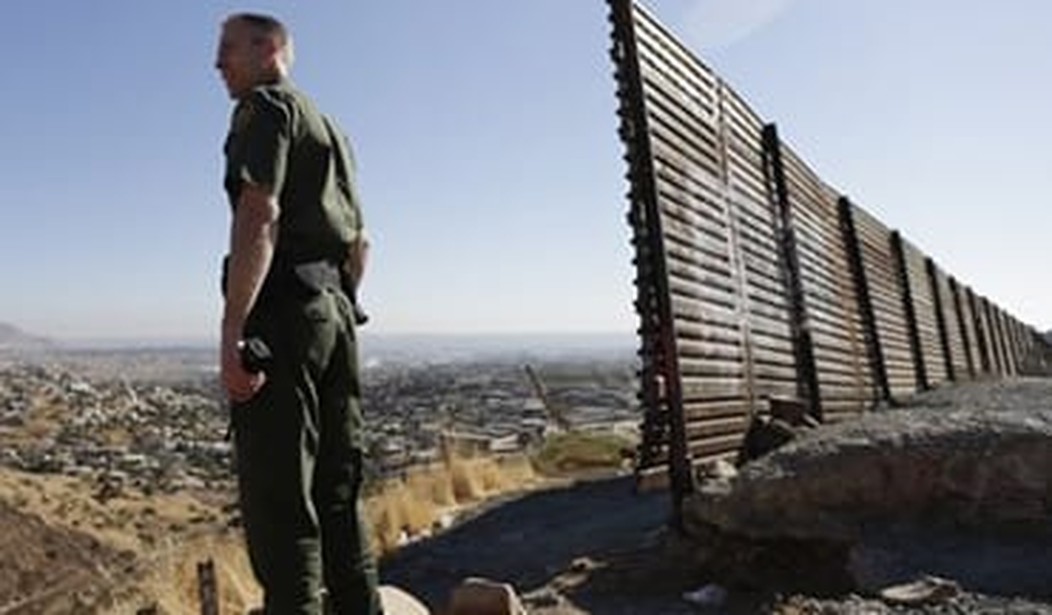Donald Trump is pretty much a one-man show, but if anyone has sway over the candidate, it is Jeff Sessions, who is, as of now, Trump’s most important adviser. Augmenting the Sessions influence is Stephen Miller, a bright young Californian who worked seven years for the powerful Alabama senator in several capacities and has been, since late January, the senior policy adviser to the Trump campaign.
Though this policy shop is publicly small at the moment, many others will be announced shortly, including experts from the business world and from Capital Hill who are already said to be on board. For now, Miller – whom I spoke with while both of us were in Florida for the primary – mentioned Sam Clovis, formerly senior adviser to Rick Perry and once an enemy of Trump’s, and Ben Carson, who needs no introduction these days and is apparently advising on education. Chris Christie is also in there somewhere.
Miller himself is something of a policy wonk. But he is quick to point out that Donald, surprising as it may be to some, is something of a longtime wonk as well, especially in the trade area. Trump has been concerned with our trade deficit for over thirty years, when he appeared on Letterman warning of an impending disaster.
In those days that deficit was relatively small and inconsequential, but now has reached three-quarters of a trillion dollars per annum. Miller, and evidently Trump, blames unexamined free trade agreements for that astounding diminishment of the national wallet.
The policy adviser noted how the free-trade-oriented Trans-Pacific Partnership (TPP), supported, to one degree or another by Trump’s adversaries, would, in its present form, bring further catastrophe to American jobs. He cited particularly Ohio because its governor, John Kasich, is or was — it’s hard to tell in the midst of a campaign — a fervent backer of the agreement. There, Miller thinks, TPP would result in the decimation of the state’s auto industry. TPP paves the way for tax-free auto parts from China, which would go to Mexico to build cars for the USA, leaving Ohio auto workers increasingly jobless.
For free trade to work, Trump believes it has to be reciprocal. Japan, as an example, sells virtually no American cars. (I can vouch for that, having driven on their roads.) Nation-to-nation agreements are necessary to equalize this.
Kasich was not alone as a target for Miller’s opprobrium. He accused Marco Rubio and Ted Cruz of being “globalist ideologues” for their blind acceptance of unvetted free trade. How fair that is, I’m not sure.
Nevertheless, in our discussion, I was getting quite a lot of surprising granularity from Miller, who insisted that, despite the contrary assumption from many pundits and the other candidates, that Trump had actually been more detailed in his recommendations than Cruz, Rubio or Kasich, whom Miller described as muddled in their approaches.
This is open for debate, but Miller’s granular specificity continued to emerge when I asked about Muslim immigration. Would a Lebanese businessman be admitted? He didn’t have an immediate answer, but this launched us into a talk about the larger topic of immigration. It seems Trump thinks that, after the border wall is constructed, actually enforcing our laws will result in many illegal immigrants returning home voluntarily. At its current level of agents, ICE deports some 400,000 illegals per year. Trump believes even a modest increase in the number of agents could substantially increase the deportations, voluntary or otherwise.
Miller had a disturbing statistic. Pew estimates that over the next fifty years, immigration will add 103 million persons to the U.S. population — that’s the equivalent of 25 Los Angeleses in five decades! Comparatively, from 188o-1920, immigration grew by only seven million, actually going from seven to fourteen million in that particular stretch. Between 1920 and 1970 the number of immigrants actually shrank. Interestingly, that resulted in higher wages for the then citizenry. That is, in some sense, the nub of Trump’s argument. Lower immigration yields higher incomes for those already here. Is it true? Some would disagree, but the stats for 1920-1970 would tend to verify.
Of course, you could call us greedy for (partially) rolling up the gangplanks. But the counterargument is that we are encouraging others to make their own “Americas” in their own countries. To say that they are unable to do that is a form of racism, if looked at in a clear-eyed manner. (This last paragraph is me, not Miller.)
Regarding the Muslims, Miller pointed out that there were many historical precedents for an immigration pause. (Again, he did not specify, but I will take his word for it.) He said that calling a temporary halt to Muslim immigration is actually the “essence of moderation.” In the light of San Bernardino and Paris, perhaps it is.
Roger L. Simon is an award-winning novelist, Academy Award-nominated screenwriter and the co-founder of PJ Media. His next book – I Know Best: How Moral Narcissism Is Destroying Our Republic, If It Hasn’t Already – will be published by Encounter Books in June 2016.









Join the conversation as a VIP Member